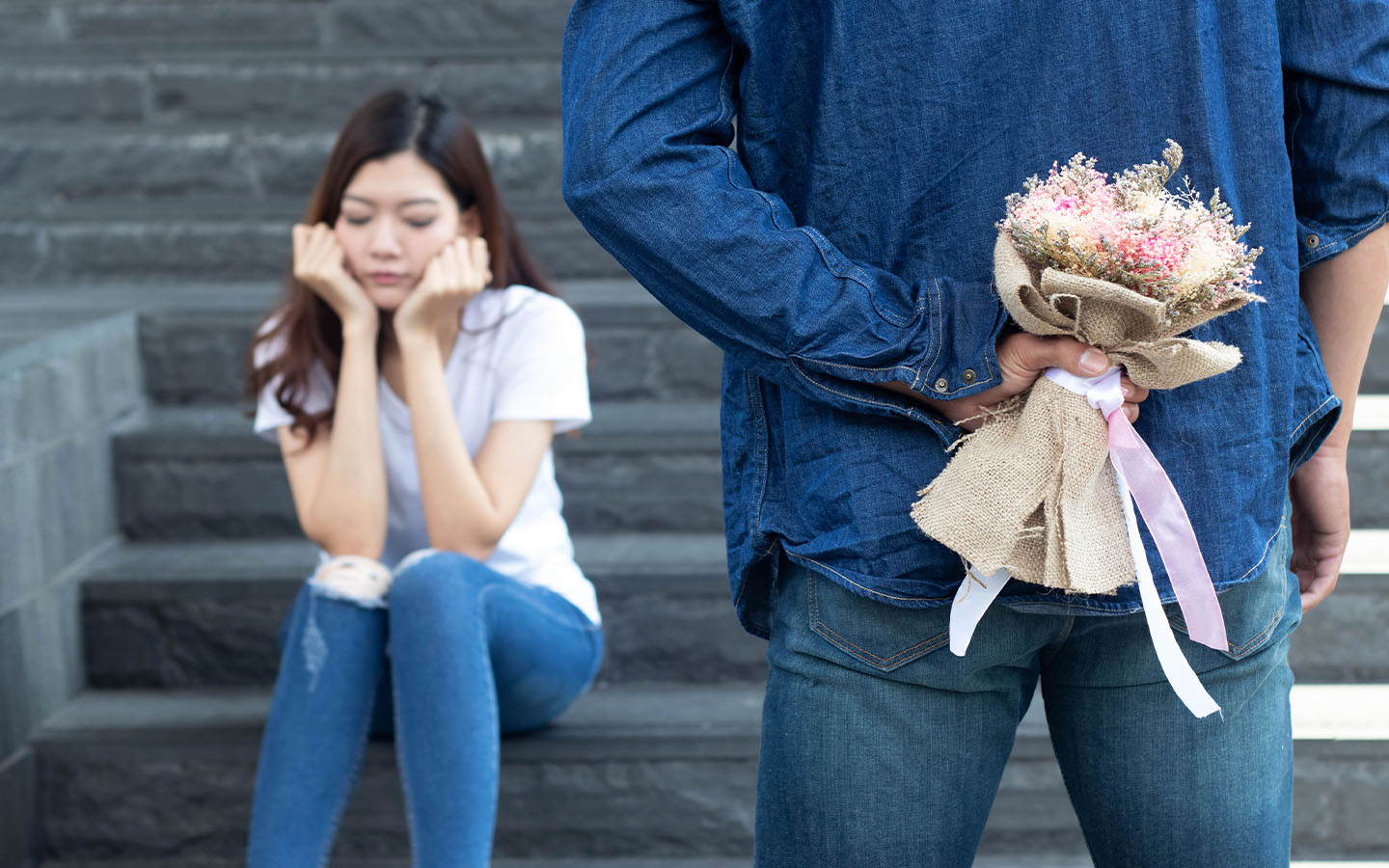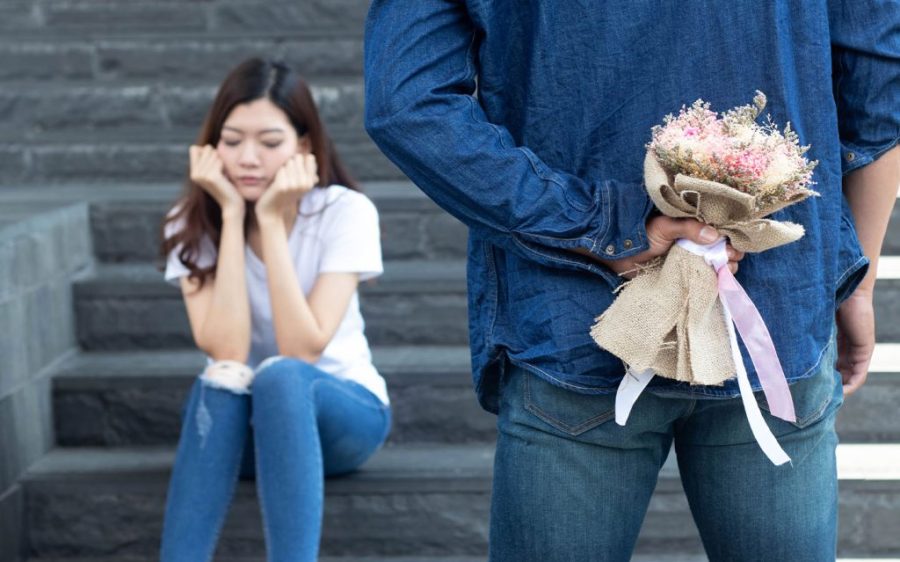When Tony Lao (not his real name) left Macao six years ago, it wasn’t because of a row with his employer, nor was it due to a major bout of homesickness. Instead, it was because he was fed up with the city’s tough dating scene, which was made all the more restricted by his trying to find a boyfriend.
“I think it’s hard to find love in Macao, specifically for an LGBTQ person,” the 30-something-year-old overseas Chinese says. “I get the impression that people are more reserved, and since it’s a small city, there is a fear of openly embracing their sexual orientation or gender identity.”
[See more: Young Macao residents don’t care much about marriage or child rearing, survey finds]
The struggle is not only limited to those seeking same-sex relationships, however. Dating has also become a challenge for local heterosexual singles such as Chiara Yeung (not her real name).
At 40 years of age, Yeung remains on the hunt for a prospective boyfriend. She connected with somebody on Facebook, but things stalled owing to a lack of physical attraction. She then went through a dating agency, but suspected that the man she was seeing appeared to be hiding his real relationship status by deliberately avoiding meeting on the weekends. She took things no further.
Dating in Macao: a culture of passivity?
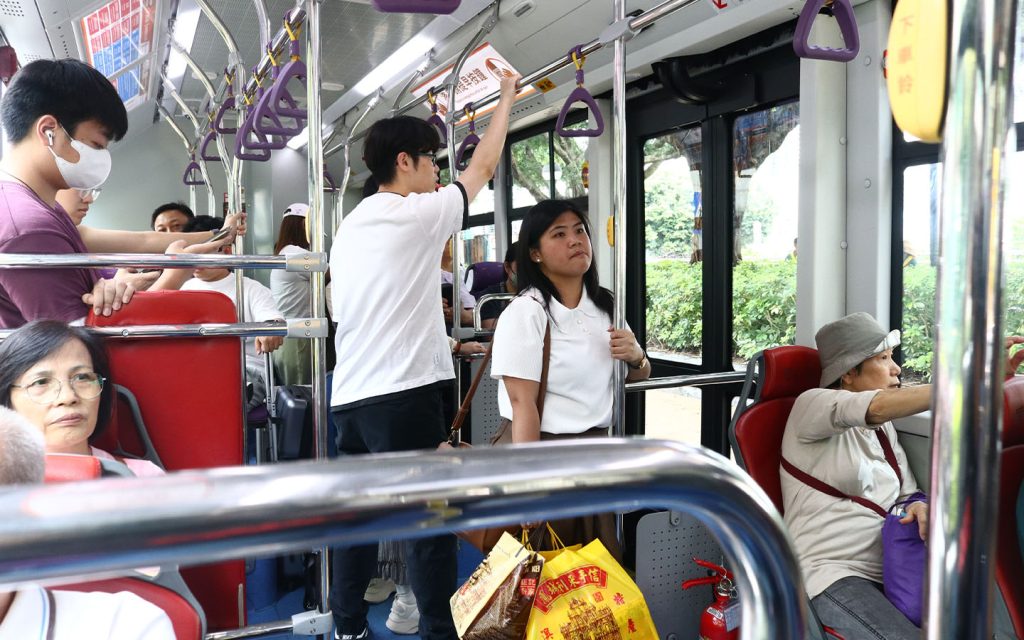
While Lao and Yeung’s cases are by no means exhaustive, they do point to some of the hurdles in the local dating market that are faced by Macao’s many single men and women – derogatorily referred to as “leftover men and women” (剩男剩女) in Chinese.
Kelvin Sun, the founder of Macau Friends’ Love (MFL), a local dating agency, believes that one of the major problems is the culture of passivity.
“If you’re in the mainland, overseas or in Hong Kong, you’ll see the people there are much more international,” Sun says. “I can’t say they’re aggressive, but they’re at least [more] active.”
By comparison, Sun says that Macao locals prefer to wait for an opportunity to come along rather than “actively go on the attack” – something he sees as “strange.”
[See more: Rainbow of Macau founding director-general urges greater legal protections for Macao’s LGBTQ+ community]
Sun believes that this may be rooted in the city’s “tall poppy syndrome,” which discourages people from standing out and taking risks, creating the mindset that one is less likely to fail if one passively waits for a date rather than actively pursues one.
To make matters worse, the MFL founder points out that Macao lacks a culture of striking up conversations with strangers. This is in stark contrast to the mainland and many overseas countries, where initiating small talk and exchanging pleasantries with strangers is acceptable, giving people the chance to expand beyond their immediate circle of friends and acquaintances.
“In Macao, comparatively fewer people can muster the courage to do this,” Sun points out. “The regional culture [in Macao] makes hitting on someone hard to swallow, unless the person that’s doing the hitting is really handsome or beautiful, in which case, people are likely to let their guard down. But how many handsome or beautiful individuals are out there?”
Changing attitudes toward dating in Macao
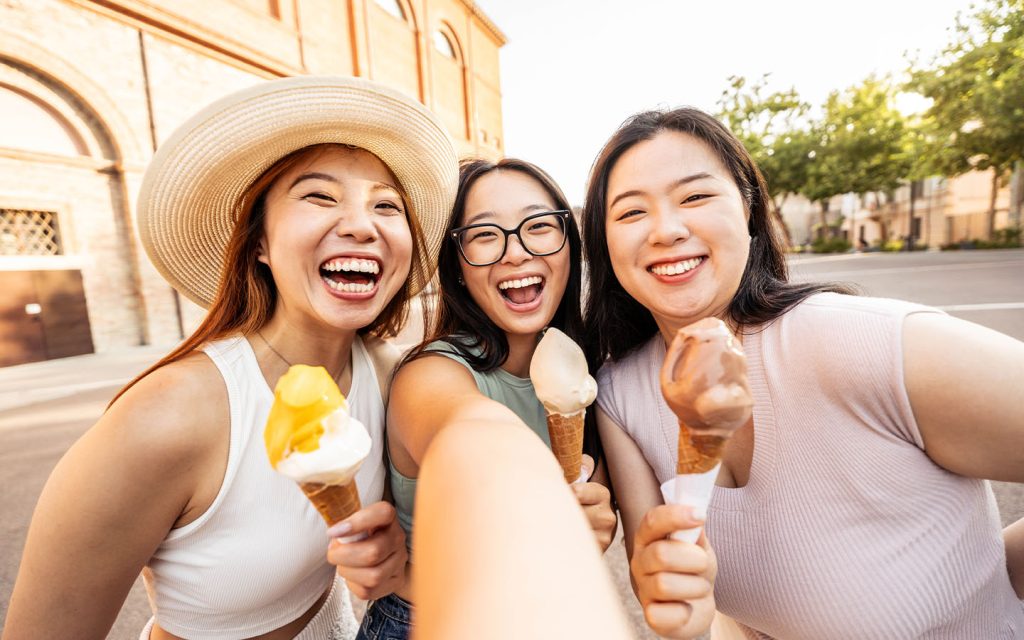
The shifting attitude that young Macao singles have towards dating has also profoundly shaped the city’s current dating landscape.
Vivian Chen, a relationship expert with the University of Macau’s Faculty of Education, says that even though there are still students in her classroom who want a relationship, she has noticed that an increasing number of them no longer consider romance to be a fundamental need, but are instead treating it as something to “spice up” their lives.
“It may be that they can find other types of relationships in life that can take over from dating or intimate relationships that involve finding a partner,” Chen notes, adding that her students can also acquire the same feeling of intimacy from friends or other types of interpersonal relationships.
Sun holds a similar opinion, stating that residents nowadays have more channels than ever before to satisfy their personal needs and interests, without having to resort to romantic relationships.
As an example, he mentions that a local could very easily spend what they consider to be a “very satisfying weekend” at home pursuing interests online, rather than venturing out and meeting with friends.
[See more: Women outnumber men by 48,000 in Macao]
“Have you noticed that the bars or clubs in Macao can never get off the ground? It’s because most people prefer to stay at home.”
The dating expert also points out that young people are now more inclined to seek out a romantic relationship on their own terms and to chart their own path towards fulfilment.
“You’ll find that as you move towards people born in the 90s and 2000s, the marriage age is slowly pushed back,” Sun observes. “It’s because people don’t want to make compromises [with their romantic relationships] anymore, unlike in the past.”
One study conducted by the Women’s General Association of Macao last year points to this trend, finding that 49 percent of respondents born in the 90s, and 41 percent of those born in the 2000s, had no marriage plans within the next five years.
The role of family when it comes to Macao and dating

Although attitudes about dating have experienced a generational shift, there are certain traditions in the love lives of locals that remain intact such as the phenomenon of local parents nagging their children to find a partner.
“There is certainly pressure, especially once a person reaches an age suitable for marriage,” Chen points out. While university-age students may not necessarily feel the pressure, the UM professor notes that “if you ask a 25-year-old or a young person around 30 or 35, they will certainly feel pressure from their elders, especially from more traditionally-minded parents in Macao to start a family and settle down with a job.”
Sun expresses similar sentiments, although he notes that local parents almost never follow up their verbal pleading with action. This is in stark contrast to mainland China where “marriage markets” have popped up in the parks of cities such as Shanghai, Beijing and Chengdu, allowing parents to help their unmarried adult children find a partner by publicly advertising details such as their children’s age, height, income, education and standards.
But what about the digital equivalent of “marriage markets” – such as dating apps?
Both Chen and Sun acknowledge that dating apps such as SweetRing and Momo can be a great way for people to increase one’s exposure in the dating scene and meet others form outside of their social circles, but they also point to the risks involved.
“It’s hard for you to really understand the true character of a person [you’ve met online] because these apps are just like any other social media programmes in that people will always have the habit of concealing their failings and weaknesses,” Chen explains. As a result, the relationship expert says that the presentation of a potential partner’s “ideal” or “best” self can easily result in “bias” or “misunderstandings.”
[See more: The number of newlyweds in China grows for the first time in years, then plummets again]
Sun is also wary of a dating app’s usefulness, holding the opinion that they are characterised by intense competition that favours only those who are physically attractive or have unique traits.
Even in such cases, the dating agency owner states that the risk of scams is very real with such apps and notes that they tend to attract people who are not serious about establishing a committed, long-term relationship, but are more interested in the idea of “just for fun.”
For Lao, the experience of using dating apps in Macao was far from pleasant, with the overseas Chinese observing that “few people can hold a conversation, and most profiles are either fake or don’t show their face.”
Others’ experiences have left much to be desired. Yeung remarks that when she used SweetRing, most of the users were non-locals, although she observes that more residents are engaging with dating apps than in the past.
Macao manager Maggie Wong (not her real name), meanwhile, says that she was unable to find a suitable match from dating apps because of her age. She’s 46, but “the participants [on such platforms] were generally quite young,”
Finding love in Macao
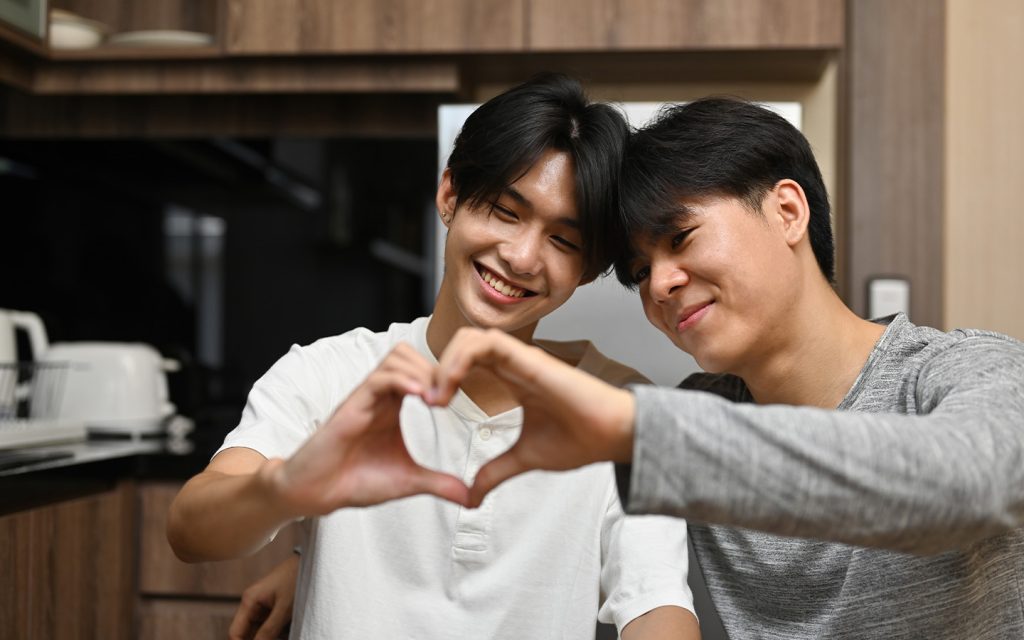
Dating agencies are another option, although like dating apps, they too have their fair share of pros and cons. Yeung, for example, warned of companies that charge exorbitant fees or engage in pressure tactics. For Wong, dating agencies hold little appeal due to her busy schedule and fear of embarrassment when faced with an unsuitable match.
In order to make the process of matchmaking as private and natural as possible, Sun says that his agency, MFL, opts for casual one-on-one matching sessions for its 1,200 active members at local restaurants. He notes that on average, MFL clients will meet 12 people before they find a suitable partner. Unfortunately, roughly 50 percent give up on the service after just one date, with only around 20 percent meeting five or more people.
Sun admits that his agency needs to look at ways to up its “precision” when pairing up people. At the same time, the MFL founder says that its members and single people in general need to be more patient – and proactive – in their search for a partner.
[See more: A new government video to boost the birth rate is sparking an online backlash]
“I can teach you a lot of [dating] techniques or strategies to develop your mindset and grow stronger, but if you don’t see anyone, how can you stop being single?” Sun says. “I would rather you improve and learn, while seeing someone.”
The issue has wider ramifications, given the city’s birth rate is plummeting. To combat this, the local government has been looking to promote a return to the traditional values of marriage and child bearing – but Chen disagrees with pressuring single people to tie the knot and start a family.
“I hope society can be more open to diversity when it comes to the differences and choices that people have in relationships,” Chan says. “There should be a more diverse, inclusive and respectful mentality towards the way people choose to date or not date, and their attitude to dating.”
